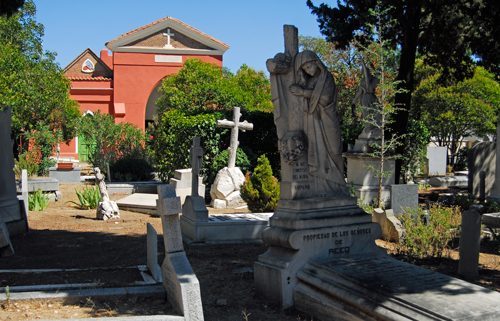Eduardo González
Apart from narrator, essayist, chronicler, thinker, master of Modernism and cultural critic, Rubén Darío was a diplomat. Between the end of 1907 and the beginning of 1909, the Prince of the Castilian letters held the position of Nicaragua’s Ambassador to Spain.
His diplomatic debut took place in June 1892, when the poet was barely 25 years old and he was asked by the president of his country, Roberto Sacasa, to be part of the Committee to represent Nicaragua in Madrid during the celebrations of the Fourth Centenary of America’s Discovery.
That trip to Spain gave Rubén Darío the opportunity to read at the Cultural Centre of Madrid his poem A Colón and to personally meet Marcelino Menéndez y Pelayo, Emilio Castelar, Ramón María del Valle-Inclán, Emilia Pardo Bazán, Ramón de Campoamor and Juan Valera (also writer and diplomat).
Rubén Darío returned to Madrid in 1905, when the Government of Managua entrusted him with the mission of representing his country in the negotiations with Honduras to establish the border limits, in which King Alfonso XIII had accepted acting as mediator.
The big moment came in 1907. That year, the poet went back to Nicaragua, after 15 years of absence, with the purpose (among others) of being appointed ambassador to Spain. Despite the initial reluctance of the president, general José Santos Zelaya, who was suspicious of the poet because of his love for alcohol, Darío was finally appointed in December of that year.
Nevertheless, Darío had to wait until June 1908 to present his credentials before Alfonso XIII. “That show, that ceremony, that young descendent of the most glorious Monarchs, were, for a few moments, History”, he wrote about the ceremony afterwards.
The anecdote of the day was that Rubén Darío was forced to present his credentials wearing a uniform he had borrowed from Colombia’s Ambassador, because the one he ordered in Paris did not arrive on time.
Darío also used the opportunity to try to change the decision of the Spanish monarch about the border agreement between Nicaragua and Honduras. But he could not do it, as it is reflected on the conclusive letter sent to President Zelaya: “The King’s word is considered, if not certain like the Pope’s, at least irrevocable”.
In November 1908, in another letter to José Madriz (elected president only a year later), Rubén Darío complained about his economic problems: “When they sent me, I do not know what they thought, I arrived without the necessary funds, not even for the simple reception expenses. Just know that this is not about me, but about Nicaragua’s representative”.
Rubén Darío concluded his mandate as ambassador to Spain in February 1909. The poet died on 6 February 1916, when he was 49 years old and seriously affected by alcoholism, in the Nicaraguan city of León, in whose cathedral are his mortal remains.
In January last year, the then Nicaraguan ambassador to Spain, Carlos Midence (who shared with Rubén Darío his dual status as poet and ambassador), paid tribute to the Father of Modernism, on the occasion of the 150th anniversary of his birth, at the roundabout in Madrid that bears his name.







